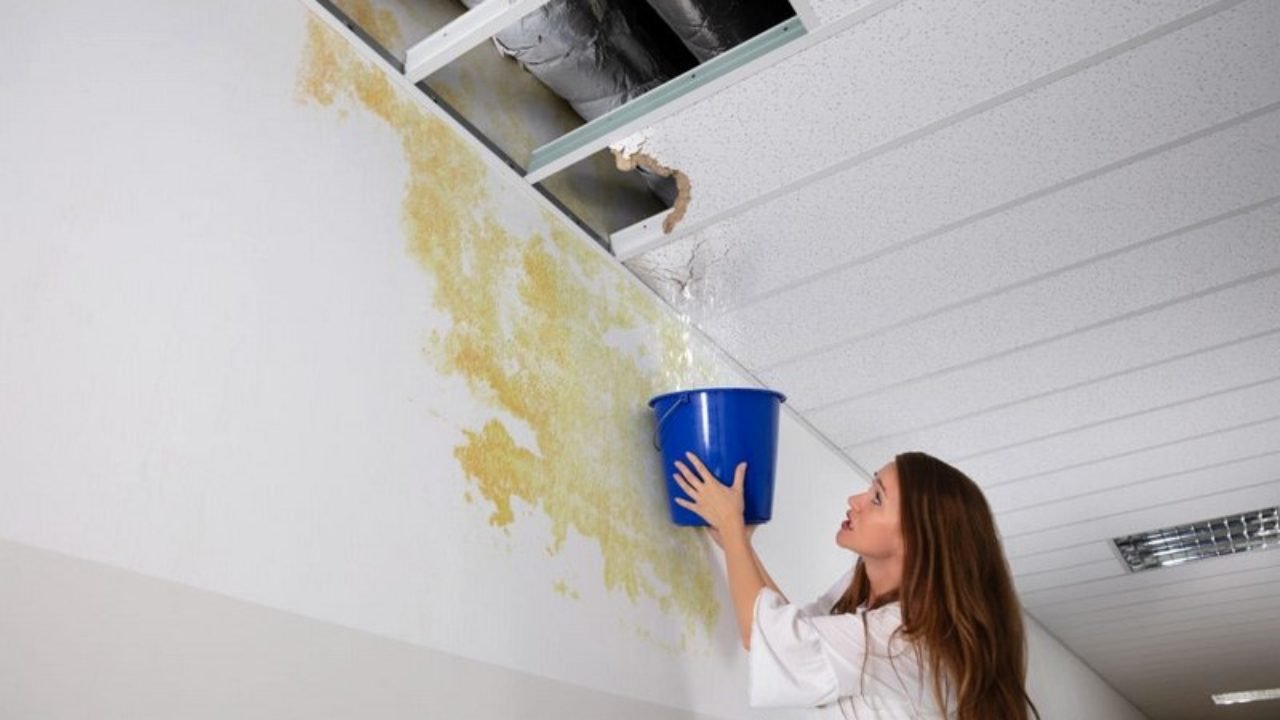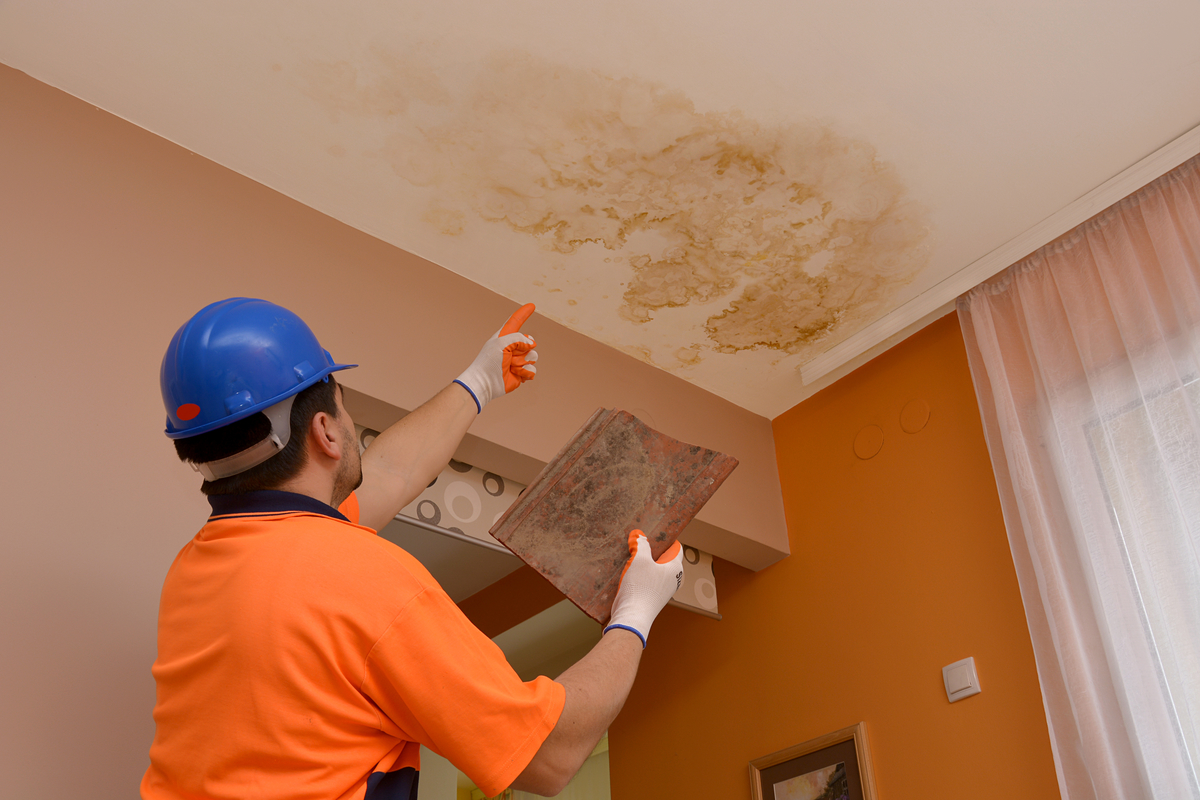Exploring the Top Six Causes of Water Leaks in Residential Spaces
Exploring the Top Six Causes of Water Leaks in Residential Spaces
Blog Article
Every person may have his or her own opinion on the subject of Common Water Leaks In House.

Leaks not only create waste of water however can also create unneeded damages to your residence as well as promote undesirable organic development. By recognizing as well as looking for day-to-day circumstances that cause leakages, you can safeguard your residence from future leakages as well as unnecessary damages.
Instant temperature level changes.
Extreme temperature level modifications in our pipes can trigger them to increase as well as get suddenly. This growth and tightening might trigger cracks in the pipes, specifically if the temperature level are below freezing. It would be best if you watched on just how your plumbing functions. The presence of the formerly mentioned conditions frequently shows a high risk.
Rusty water systems
As time passes by, your plumbing system ages and also deterioration such as corrosion may begin eating away the pipelines. This might be the root cause of discoloration or bending on your pipes. This calls for an assessment with your plumber immediately. Take into consideration changing the pipes considering that they are at a greater threat of corrosion than the newer designs if our plumbing system is old.
Defective Pipe Joints
Pipeline joints can degrade over time, resulting in water leakages. If you have noisy pipes that make ticking or banging sounds, specifically when the warm water is turned on, your pipe joints are possibly under a great deal of pressure.
Elbowing in origins
Most water leakages start outside the house instead than inside it. You could observe wet spots or sinkholes in your lawn, and that could imply that tree roots are invading water lines triggering water to seep out.
Poor Water Connectors
Sometimes, a leak can be caused by loosened hoses and pipes that provide your appliances. Generally, moving is what causes the loosened water Connections. You could discover when it comes to a washing machine, a pipe may spring a leakage due to drinking throughout the spin cycle. In case of a water links leak, you might observe water running directly from the supply line or puddles around your appliances.
Blocked Drains
Clogged drains pipes might be aggravating and inconveniencing, however they can sometimes end up creating an overflow leading to break pipes. Maintain getting rid of any materials that might drop your drains that can clog them to prevent such aggravations.
All the above are reasons for leakages yet not all water leakages result from plumbing leaks; some leakages might come from roofing system leakages. All leakages should be repaired right away to avoid water damage.
Leaks not just create waste of water yet can also trigger unnecessary damages to your home and advertise unwanted organic growth. By looking and also understanding for everyday circumstances that trigger leakages, you can secure your residence from future leakages and unnecessary damage. Today, we will look at six leak triggers that may be triggering your pipelines to trickle.
At times, a leakage can be caused by loose hoses and pipes that supply your appliances. In situation of a water connections leak, you may discover water running directly from the supply line or puddles around your appliances.
Tell-Tale Signs of a Water Leak
The Sound of Running Water
If you’re hearing water running, your first step should be to check your faucets, toilet valves, and outdoor spigots. If everything if status quo, take an exact reading of your water meter and don’t use the water for a few hours. Then, take another meter reading. If there has been no change, that means water is not running (and maybe it’s time to have your hearing checked!). If the reading has changed, however, this indicates that water is indeed flowing and you most likely have a leak.
Wet or Damp Floors
You’re walking across your carpet and suddenly squish—your sock is soaked! The dog doesn’t look guilty and your child swears they didn’t spill anything. That means you’re likely looking at sewer leakage. Now, it’s easy to just soak it up with a towel and call it a day; however, this won’t stop the leak. Ignoring the problem allows moisture to build up, ultimately causing mold or mildew. Not only is this smelly, it can be very toxic and harmful to children, the elderly, pets, and those with weak immune systems. Don’t risk the health of your home and your family—call in a professional to take care of the problem.
Foul Odors
If there’s an unpleasant smell in your home and you can’t locate the source, don’t just light a candle or spray some Febreze. Funky smells are often due to mold and mildew, which spread fast under ideal conditions (optimal temperature and level of humidity). Growth begins within about 24-48 hours, and spores start to colonize in 3-12 days, becoming visible to the eye within about 18 days. If you think the odor is leak-related, get a plumber out as soon as possible to mitigate damage from rapid fungi growth (and rid your home of the foul odor).
Overgrowth in the Lawn
Unless you didn’t fertilize your lawn evenly, a lush patch of grass in a select area of your lawn, or concentrated wet spots, indicate pipe leakage which is acting as a fertilizer. Left untreated, hazardous bacteria in the underground waste will quickly turn into a messy situation, going from lush growth to lawn destruction.
Wall Cracks
Over time, even the littlest of leaks can cause cracks in the foundation of your home and compromise the entire structure. How does it happen? The leak continues hammering away at the same spot in the ground beneath your home, eventually causing it to shift slightly. Now, you’d never feel this shift, but your walls will. This can be a very dangerous situation, so if you’re seeing vertical or diagonal cracking in your walls it’s best to call a plumber right away.
https://www.expresssewer.com/blog/6-telltale-signs-of-a-water-leak-in-your-home

Hopefully you liked our excerpt about How to detect water leaks in your home. Thanks a ton for finding the time to read our piece. Kindly set aside a second to distribute this write-up if you appreciated it. Thanks a lot for your time invested reading it.
Contact Us Report this page